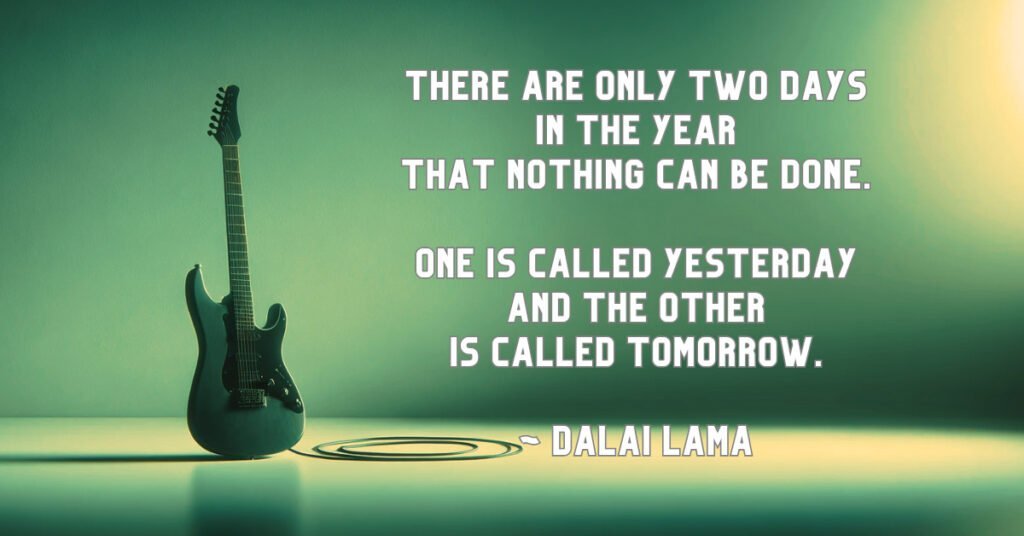
Finding Balance in Life
Life is a balance of giving and taking. This basic idea guides our interactions and relationships with others. Understanding the balance between what we give and what we receive is crucial to living a fulfilling life. Our actions, attitudes, and behaviors towards others can greatly impact what we experience in return.
Imagine life as a band where each member needs to play their part well for the music to sound good. If one person slacks off, the whole performance suffers. In the same way, our actions and attitudes can either harmonize or disrupt the flow of our lives. For example, if you are always helping others, they are more likely to help you when you need it.
This idea is simple yet profound: you cannot give bad and expect to receive good. If you offer negativity, hatred, or dishonesty, you will likely receive the same in return. Conversely, spreading kindness, love, and honesty will invite these positive qualities into your life. This article will explore how our actions shape our experiences and why being the change we want to see is essential for personal growth and happiness.
The Principle of Reciprocity
The principle of reciprocity is at the core of human interactions. It suggests that our actions towards others will influence their actions towards us. When we treat people with respect and kindness, they are more likely to respond similarly. This creates a positive cycle where good deeds and positive behavior lead to more good deeds and positive behavior.
Imagine a lively concert where the energy between the band and the audience is electric. The more the band gives, the more the audience gives back. The same goes for our interactions with others. When we give our best, we often receive the best in return. For example, if you compliment someone, they are more likely to say something nice back.
On the other hand, if we engage in negative behavior, such as being rude, dishonest, or hateful, we set off a chain reaction of negativity. People respond to our actions, and negative behavior can come back to us in unexpected ways. For instance, if you are always criticizing others, they might start avoiding you. This reinforces the importance of being mindful of how we treat others.
You Cannot Give Bad and Expect Good
One of the fundamental truths in life is that you cannot give bad and expect to receive good. This means that if we act with bad intentions or negative behavior, we should not be surprised when negativity returns to us. Life is about balance and fairness, and expecting good outcomes from bad actions is unrealistic.
Think about a music band’s performance. If they play poorly, they can’t expect the audience to cheer and ask for an encore. Similarly, if you are constantly critical or unkind to others, you will likely find yourself surrounded by negativity. People may avoid you, and relationships may suffer. This negative environment can lead to stress, loneliness, and unhappiness. Therefore, it is crucial to understand that our actions have consequences.
For example, if you spread rumors about a coworker, you might find that others start spreading rumors about you. This can create a toxic work environment and damage your reputation. By realizing that negative actions lead to negative consequences, we can make a conscious effort to act positively. Choosing to be kind, supportive, and understanding can change the dynamic of your relationships and improve your overall environment.
The Power of Positivity
On the flip side, when we give positivity, we are more likely to receive positivity in return. Acts of kindness, compassion, and love can transform our lives and the lives of those around us. Being positive does not mean ignoring challenges or difficulties but choosing to respond to them constructively and kindly.
Think of positivity as the uplifting chorus of a song. It’s the part that lifts the entire piece and leaves everyone feeling good. When we offer help, support, and understanding to others, we build stronger relationships and create a supportive community. This positive energy can come back to us in various forms, such as encouragement, love, and opportunities.
For instance, if you help a neighbor carry their groceries, they might help you when you need it. Positivity breeds positivity, making it essential to cultivate a positive mindset. When we focus on positive interactions, we can create an environment where everyone feels valued and supported, leading to a more joyful and harmonious life.
Spreading Kindness and Love
Spreading kindness and love is a powerful way to create a positive impact in our lives and the lives of others. Small acts of kindness, such as a smile, a kind word, or a helping hand, can make a significant difference. These acts not only make others feel good but also enhance our sense of well-being.
Think of spreading kindness as creating a great playlist. Each song (act of kindness) sets the mood and can uplift someone’s day. When we focus on spreading love and kindness, we create an environment where people feel valued and respected. This can lead to stronger connections, better communication, and a more harmonious life.
For example, if you thank a coworker for their hard work, they are more likely to feel appreciated and motivated. By prioritizing kindness, we can build a more positive and fulfilling existence. Kindness can also reduce stress and improve mental health, creating a ripple effect of positivity in our communities.
The Role of Honesty and Integrity
Honesty and integrity are essential components of positive interactions. Being truthful and consistent in our actions helps build trust and respect. When we act with honesty and integrity, we demonstrate our commitment to fairness and decency, which encourages others to do the same.
Imagine a band that always delivers what they promise – no cutting corners, no false advertising. People appreciate this honesty and keep coming back. Lack of honesty can lead to mistrust, misunderstandings, and damaged relationships. People value those who are genuine and reliable, and by embodying these traits, we can foster a culture of honesty and integrity in our personal and professional lives.
For example, if you admit a mistake at work, your honesty will likely earn you more respect than trying to cover it up. This, in turn, attracts positive outcomes and reinforces the cycle of reciprocity. Honesty builds a strong foundation for any relationship, whether personal or professional, and helps create a trustworthy environment.
Being the Change
If you wish to see positive change in your life, you must be willing to be the change itself. This means taking responsibility for your actions and making a conscious effort to embody the qualities you want to see in the world. By being proactive and intentional in our behavior, we can create a ripple effect of positivity.
Think of being the change like starting your own initiative. You set the tone, style, and attitude. If you want to see more kindness, start by being kinder yourself. Being the change involves self-reflection and a commitment to personal growth. It requires us to evaluate our actions and attitudes, identify areas for improvement, and strive to be better every day.
For example, if you want a more supportive work environment, start by offering support to your colleagues. By doing so, we can inspire others to follow suit and contribute to a more positive and compassionate world. Being the change we wish to see can lead to a more fulfilling and harmonious life.


